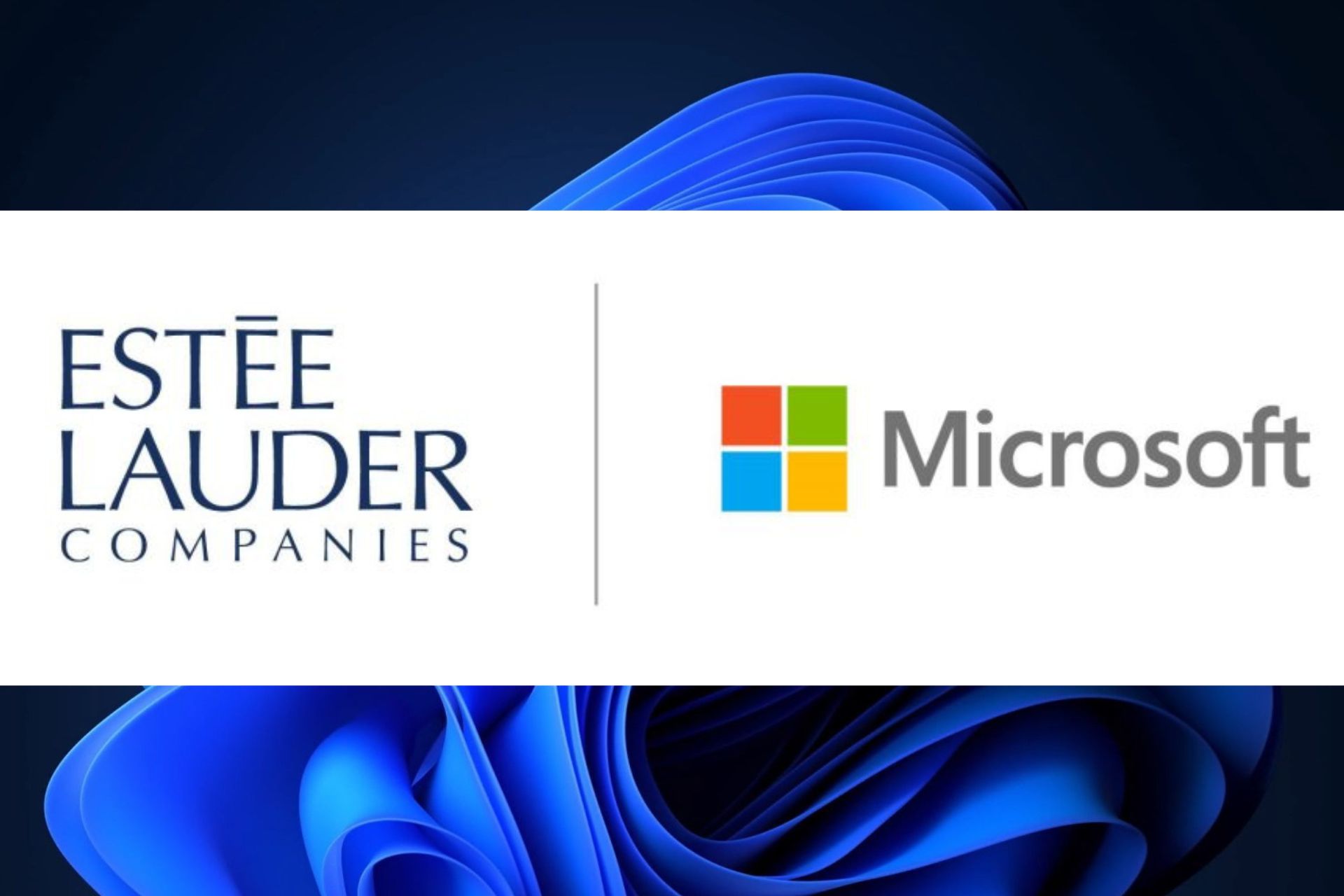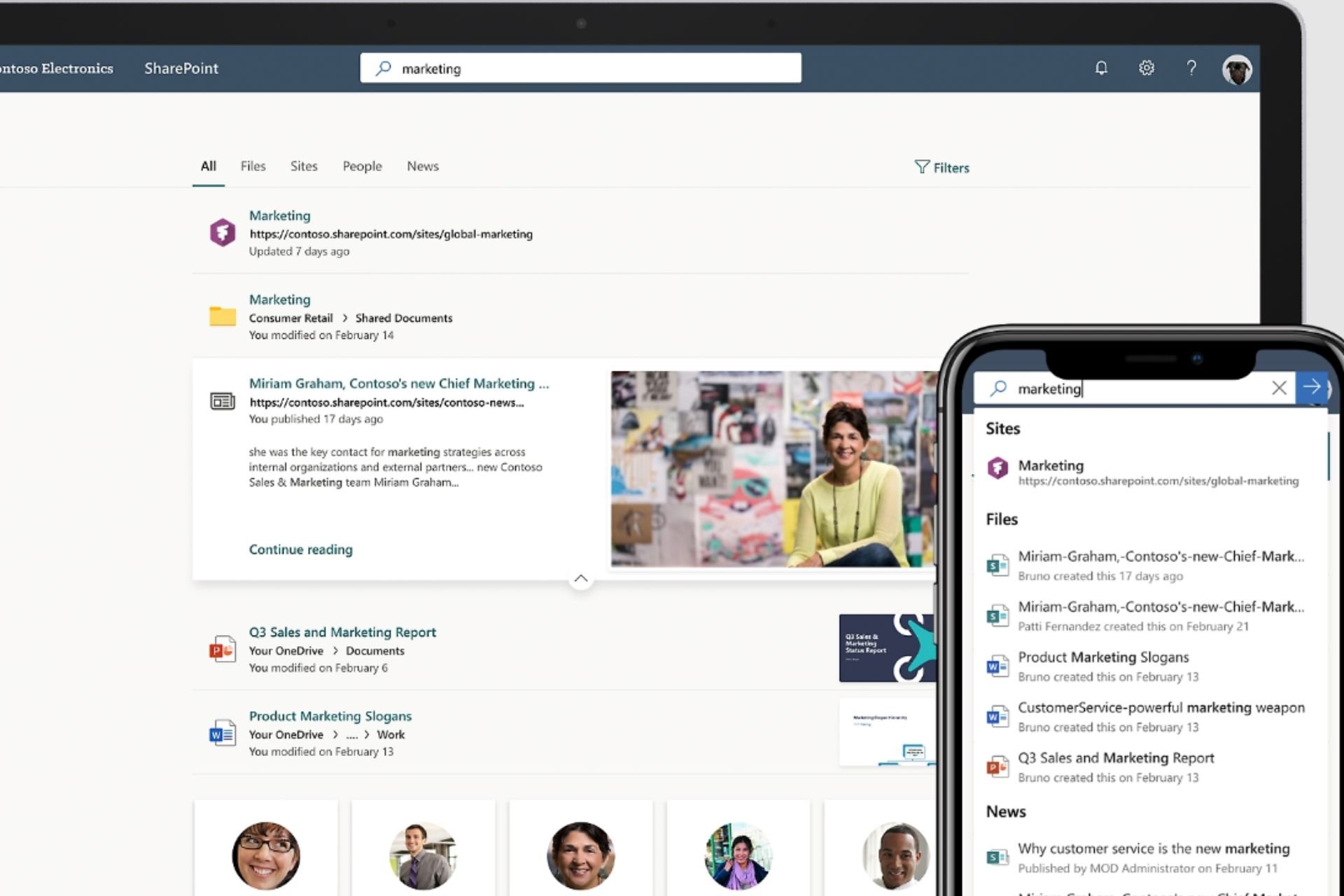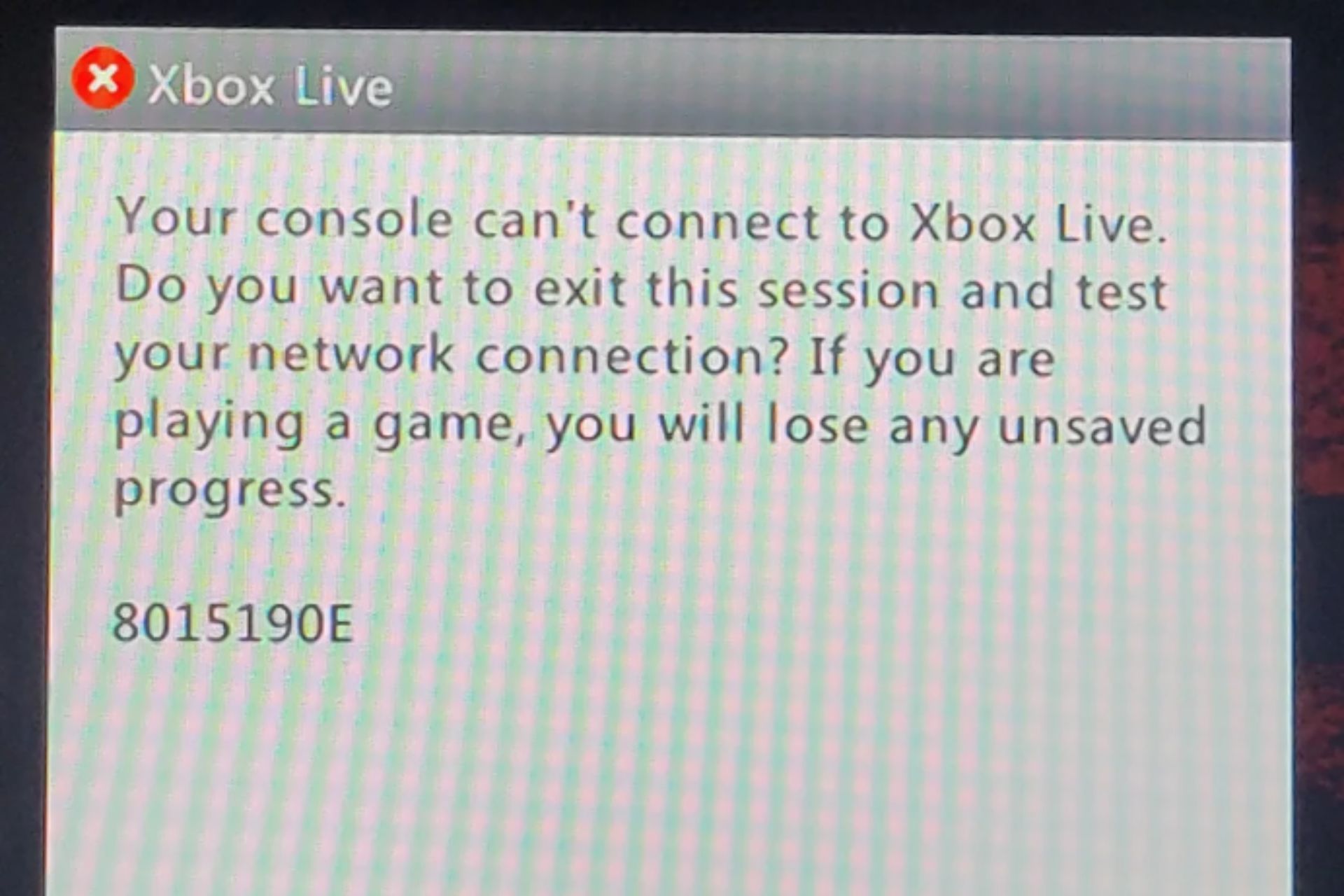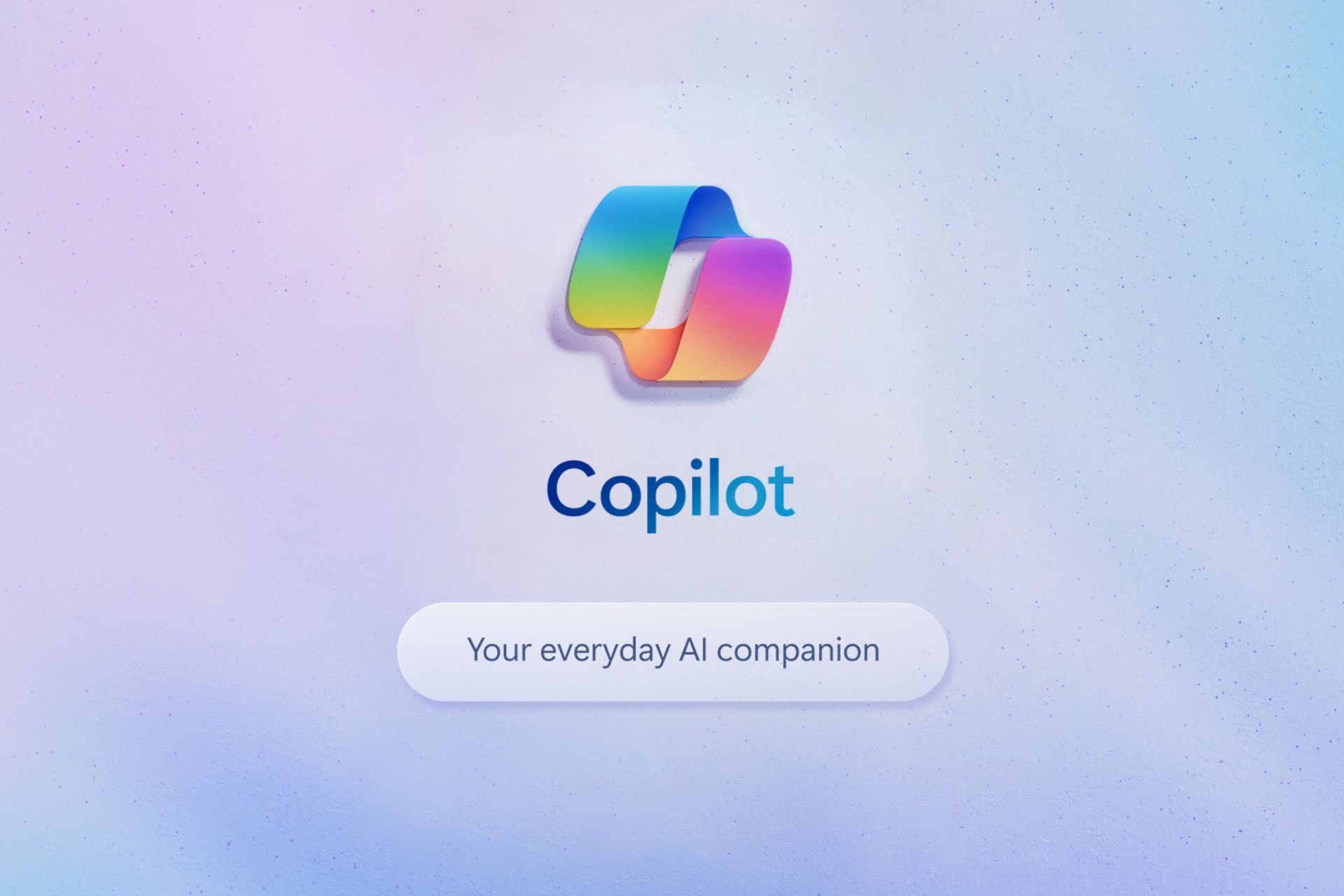Microsoft removes more than 1,500 apps from the Windows Store in an attempt to address scam apps
4 min. read
Published on
Read our disclosure page to find out how can you help Windows Report sustain the editorial team Read more
Back in early June, we wrote a story shedding light to the numerous scam apps available in the Windows Store. The issue was brought to our attention by one of our loyal readers, Steve, who was fed up with Microsoft’s reporting process and Microsoft’s lack of response to app reports he would make when discovering a misleading app.
But it wasn’t just one or two apps he was discovering to be misleading — nope, there were numerous apps that were straight up scandalous. These paid apps had official titles such as “Temple Run” but hidden in the app description was a secret message saying “My app will provide you the best way to finish”. In other words, consumers would purchase this app thinking it was Temple Run, but in actuality they were being mislead into wasting their money.
Microsoft’s response to our question as to why the Windows Store isn’t policed like it should be raised more questions than it answered. “We may identify policy issues through our own mechanisms, but the involvement of users and developers is encouraged. The [email protected] email address can be used to report problematic apps, or to voice concern about copyright infringement. The developer of the complained-about app has the right to reply. Users are encouraged to make use of the ‘report concern to Microsoft’ links in the Store. Microsoft also insists that “other times we may identify policy issues through our own mechanisms,” Microsoft had told us.
This issue was once again raised just last week when consumers were becoming upset that there were so many fake and misleading VLC apps in the Windows Store, tricking consumers into purchasing an app that wasn’t real. On top of that, nothing was being done about it and the apps remained in the Store.
A call to action
Fast forward to August 27th, Microsoft has written up a blog post on the official Windows blog indicating that some changes are indeed being made. In fact, Microsoft admits that sometimes the line between improving customer experience and developer opportunity can be blurred. Microsoft admits that some recalibration of the Windows Store is needed.
“Every app store finds its own balance between app quality and choice, which in turn opens the door to people trying to game the system with misleading titles or descriptions. Our approach has long been to create and enforce strong but transparent policies to govern our certification and store experience. Earlier this year we heard loud and clear that people were finding it more difficult to find the apps they were searching for; often having to sort through lists of apps with confusing or misleading titles. We took the feedback seriously and modified the Windows Store app certification requirements as a first step toward better ensuring that apps are named and described in a way that doesn’t misrepresent their purpose,” Microsoft stated in an official blog post.
From now on, apps that are submitted to the Windows Store need to be clearly named and accurately reflect the functionality of the app. The submitted app must also be categorized according to the app function and purpose, and the app must also be differentiated to avoid being mistaken with others.
Microsoft has already contacted app developers who appear to have good intentions but fail to comply with the new rules listed above. Some app developers have not been cooperative and over 1,500 apps have already been removed from the Windows Store. Taking things a step further, Microsoft will “gladly” refund the cost of an app that is downloaded as a result of a misleading title or description.
“The Store review is ongoing and we recognize that we have more work to do, but we’re on it. We’re applying additional resources to speed up the review process and identify more problem apps faster. No approach is perfect, so we encourage people to report any issues they may encounter with Windows Store,” Microsoft adds.
So there you have it. Microsoft is now waking up and taking the necessary measures to ensure consumers are not cheated by misleading apps. Have you accidentally downloaded a misleading app? Do you believe Microsoft is doing enough to combat this issue? Sound off in the comments below.









